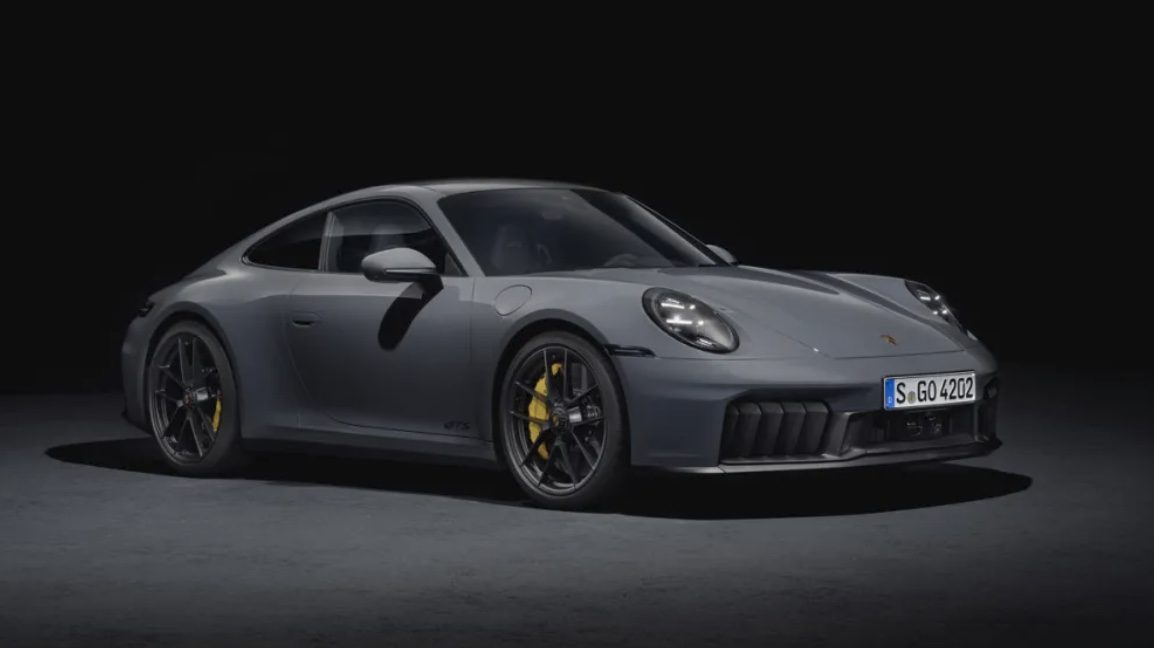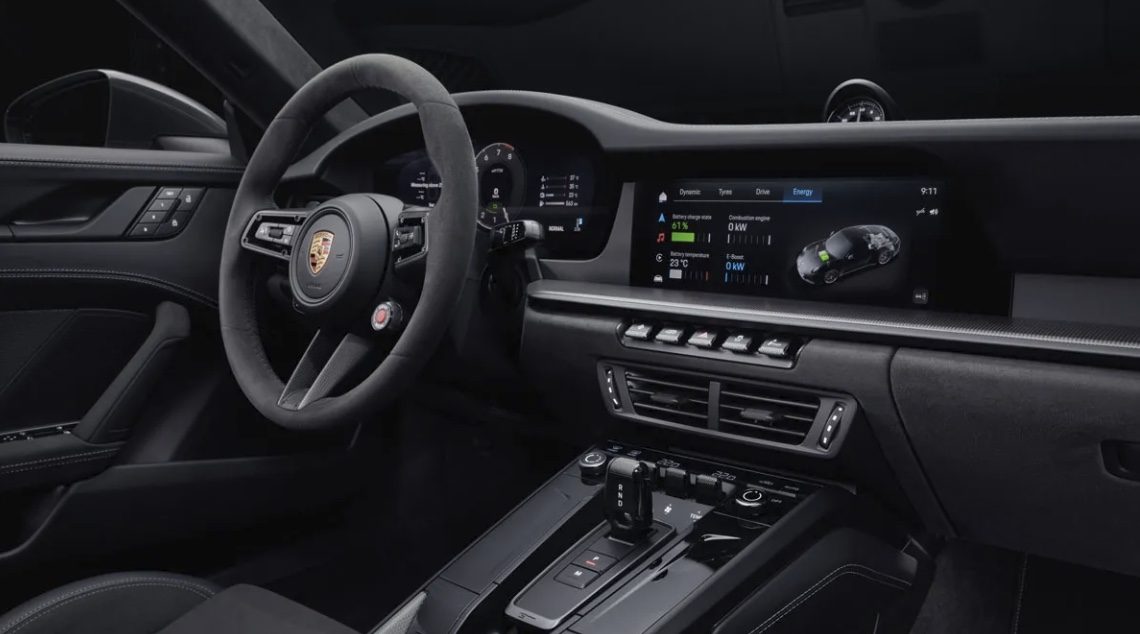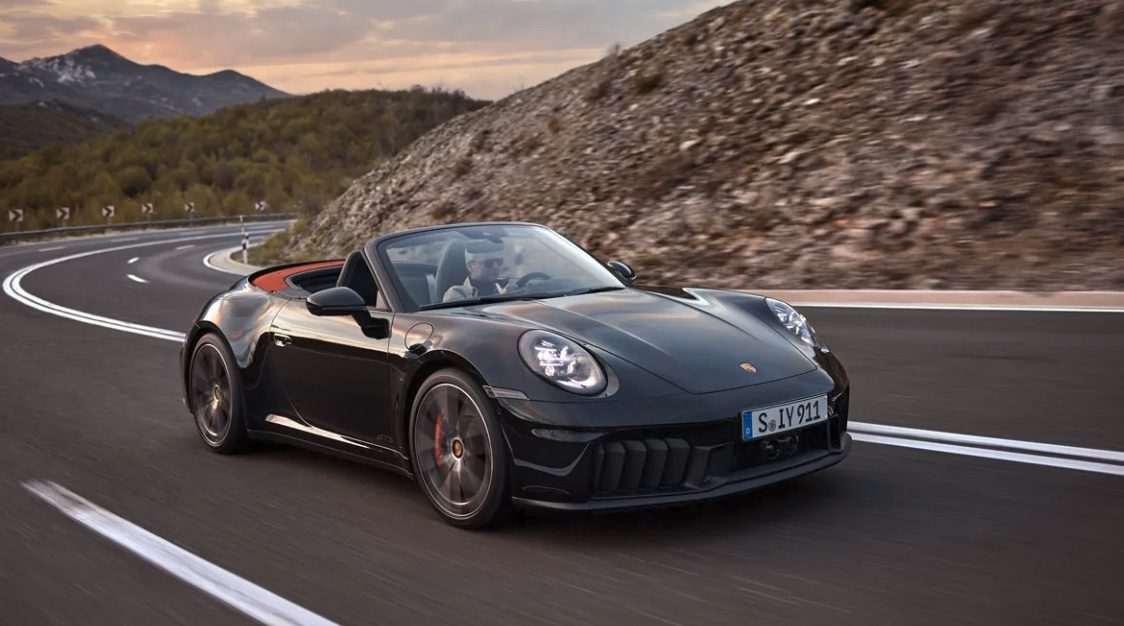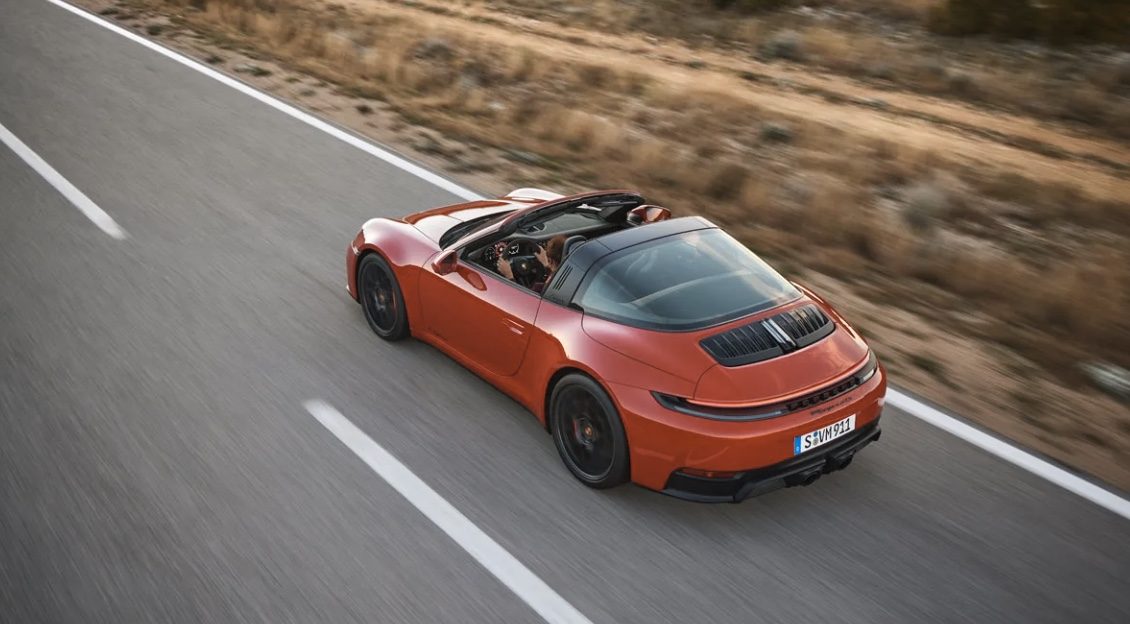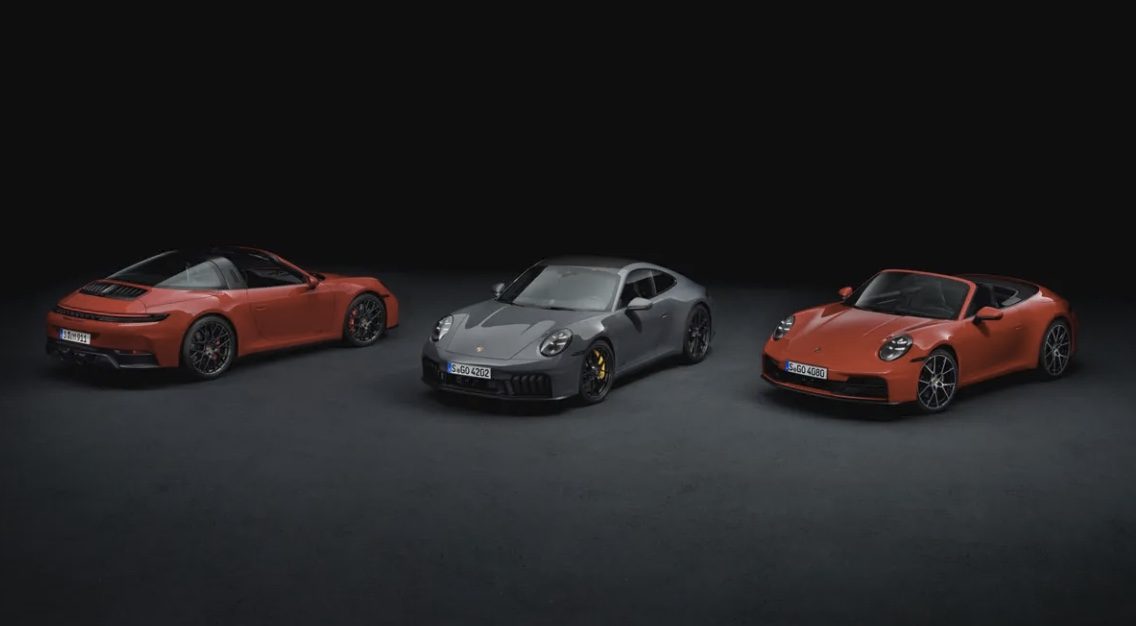New Porsche Hybrid 911 Debuts, Priced at $164K

Porsche Reveals First-Ever 911 Hybrid Sports Car, Starting at $164,900
On Wednesday, May 29, 2024, Porsche revealed the much-anticipated 2025 Porsche 911, known as the 992.2 to enthusiasts. The new model brings a host of updates, including styling tweaks and advanced cabin technology. However, the most significant update is the introduction of a hybrid option. While Porsche’s tradition of excellence suggests the new model will be brilliant, one detail raises concern: the absence of a manual transmission in any of the initial launch variants.
None of the initial models come with a manual gearbox. Instead, the slick-shifting eight-speed dual-clutch automatic, known as PDK, is the only option. While this automatic transmission meets the needs of most Porsche 911 owners, it signals a shift in the sports car industry that is causing some unease. The Porsche 911, once a compact, fringe sports car, now leans more towards a grand tourer (GT) in everyday driving.
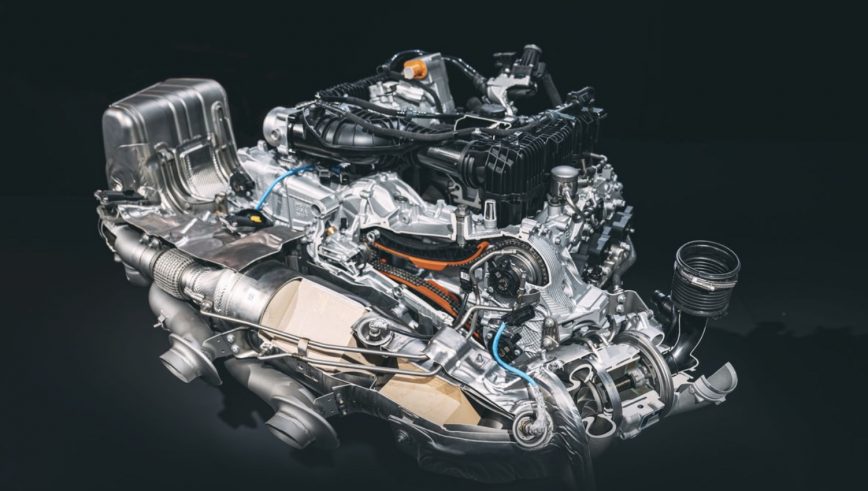
The current 992-generation model launched earlier, introduced wider dimensions and greater comfort, distancing itself from the smaller 718 Boxster and Cayman. Although it still excels as a sports car, the 911’s evolution raises questions about its future direction.
The Hybrid Era Begins for the 911
On Tuesday, Porsche unveiled the first-ever production hybrid version of the iconic 911 sports car, with a starting price of $164,900. The 2025 911 Carrera GTS hybrid marks a significant shift amid the automotive industry’s push towards electrification and stricter fuel economy standards.
Volkswagen-controlled Porsche has stated that the 911 will be the last model to offer an all-electric variant, if it ever does, to maintain its famed driving dynamics. According to Frank Moser, Porsche’s vice president of the 911 and 718 model lines, the new hybrid system enhances performance significantly.
The new 911 Carrera GTS hybrid can accelerate from 0 to 60 mph in 2.9 seconds, reaching a top track speed of 194 mph. It features a newly developed 3.6-liter boxer hybrid engine, producing 532 horsepower and 449 foot-pounds of torque. The coupe version starts at $164,900, while the convertible version begins at $178,200. Both versions are available in rear-wheel-drive and all-wheel-drive configurations, with deliveries expected by the end of 2024.
Porsche’s Commitment to Hybrid Technology
Porsche is the latest automaker to expand its hybrid lineup amid slower-than-expected adoption of fully electric vehicles. The company already offers six plug-in hybrid Cayenne models, three Panamera plug-in hybrids, and ten all-electric Taycan models. The hybrid technology has also been tested in racing with the 911.
Porsche anticipates that at least 80% of its vehicles sold globally will be partially or fully electric by 2030, driven by customer demand.
A Milestone in the Evolution of the 911
The introduction of the hybrid 911 represents a major milestone for one of the world’s most recognizable sports cars. While hybrids offer greater fuel efficiency without sacrificing power, their adoption has been slower in performance vehicles. The new 911 hybrid aims to change that perception.
The 911 Carrera GTS hybrid is not a plug-in hybrid like Porsche’s Cayenne e-Hybrid and Panamera e-Hybrid. Instead, it is a fully self-contained hybrid, charged by the engine and regenerative braking. This model cannot drive significant distances on electric power alone, preserving the 911’s traditional driving experience.
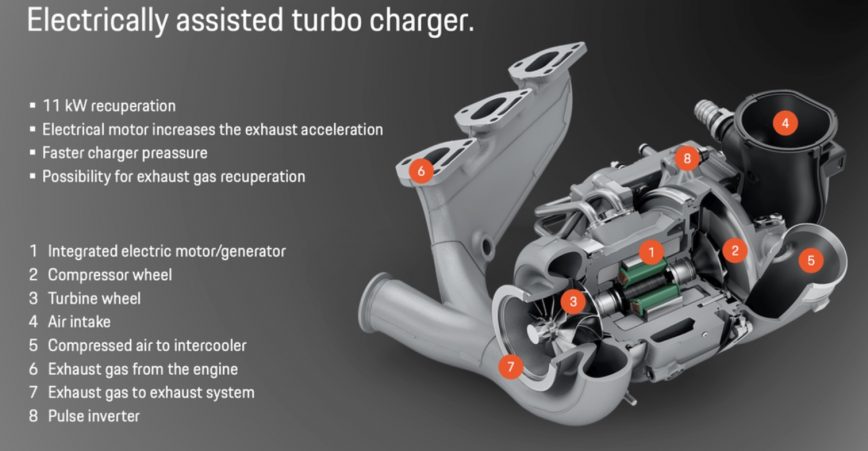
The Future of Sports Cars
While the hybrid 911 is a significant step forward, the absence of a manual transmission in the new models signals a broader industry trend. The 911, once synonymous with manual driving pleasure, now aligns more with automatic and hybrid technology.
Despite the changes, the new hybrid model still retains the essence of the 911, with its rear-mounted engine and iconic design. A Porsche test driver recently completed a lap around Germany’s Nürburgring Nordschleife racetrack in 7 minutes and 17 seconds with the hybrid, 8.7 seconds faster than the current-generation 911 Carrera GTS.
Celebrating 60 Years of the 911
The new hybrid model debuts nearly 60 years after the original 911 launched. The first 911, introduced in 1963 and produced starting in 1964, was a larger and more powerful successor to Porsche’s original 356 model. The 911’s distinctive design and rear-engine layout, similar to the Volkswagen Beetle designed by Ferdinand Porsche Sr., has remained fundamentally unchanged, maintaining its teardrop shape and small back seats.
As electric vehicle sales in the U.S. rise, the rate of growth has slowed, while hybrid sales are accelerating. High EV prices and a lack of reliable public chargers contribute to this trend. Hybrids, generally cheaper and not requiring chargers, offer a practical alternative. However, the new 911 hybrid remains a premium offering, starting at around $165,000.
The Road Ahead for Porsche
The hybrid 911 represents Porsche’s commitment to evolving its iconic sports car while maintaining its core identity. As the automotive industry shifts towards electrification, Porsche navigates the balance between innovation and tradition. The new hybrid model, with its blend of electric and gas power, signifies a step into the future while honoring the 911’s storied past.

